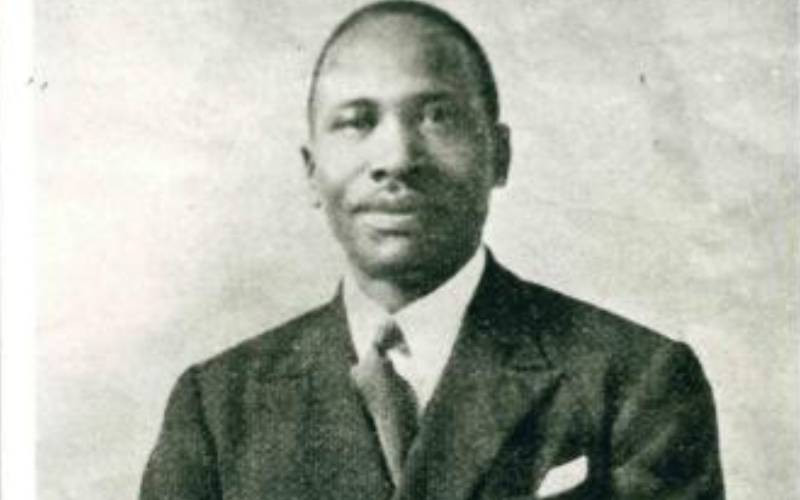×
The Standard e-Paper
Kenya’s Boldest Voice

As a student in Britain, between 1934 and 1937, Jomo Kenyatta was usually short of cash and would jump at any opportunity to make an extra quid.
In 1935, such an opportunity presented itself when his African-American friend, Paul Robenson, a singer and political activist enticed Jomo for a role in the movie, Sanders of the River, adapted from Edgar Wallace's 1911 works.